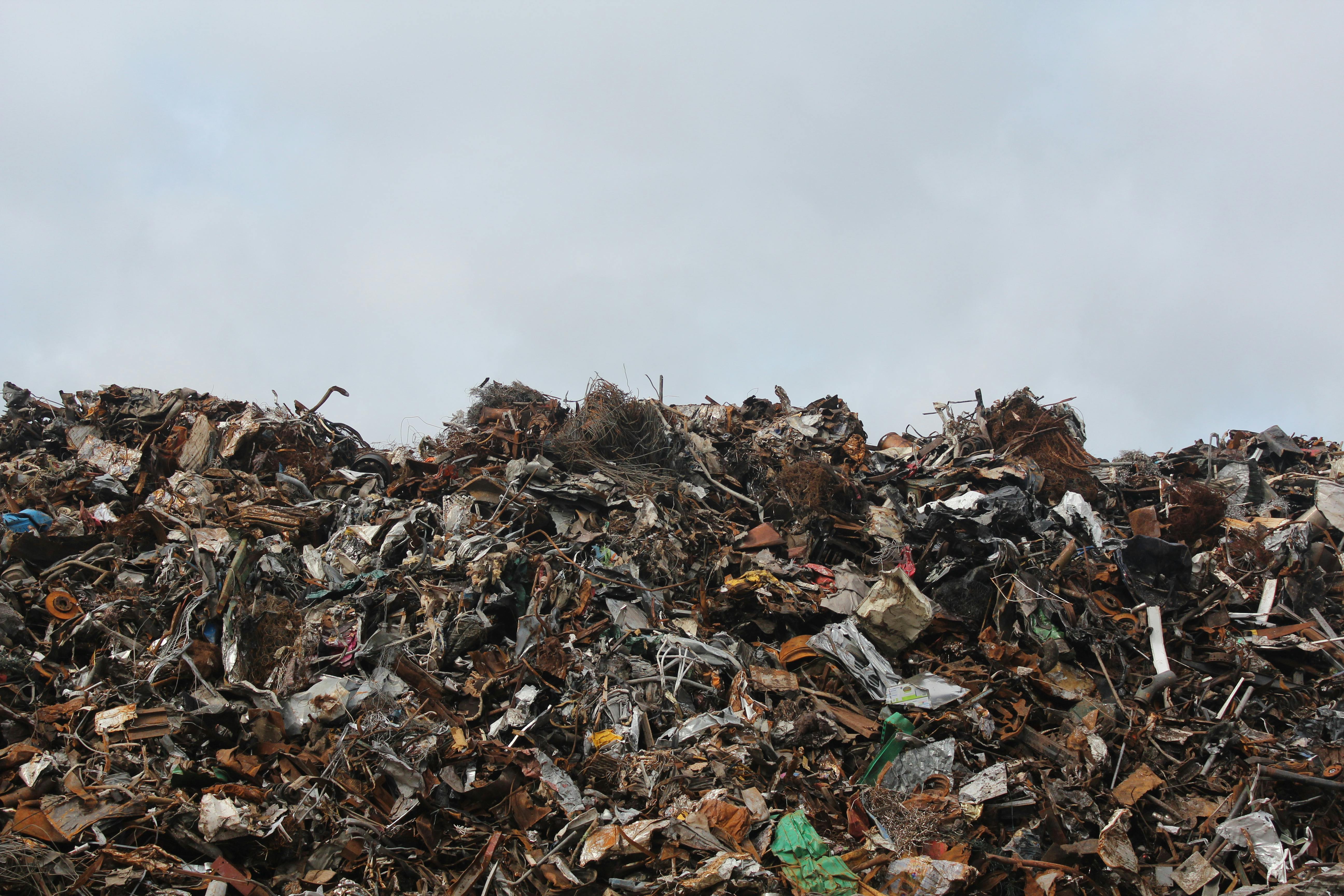Reimagining Industrial Waste Management: The Pathway to Sustainability and Profitability
Waste management has been a pertinent issue in the industrial sector for decades. The traditional "take-make-dispose" model has been the norm, but its environmental and economic repercussions are far-reaching. However, with the changing dynamics of the global economy and increasing environmental consciousness, industries are exploring innovative ways to manage waste, creating a circular economy that benefits both the environment and businesses.

The Historical Context: Industrial Waste Management
Historically, industries have followed a linear approach to waste management, where waste is considered an inevitable outcome of production. The conventional system involves producing goods, consuming them, and eventually disposing of them. This approach has led to massive waste generation, causing environmental degradation and resource scarcity.
However, in recent years, there has been a paradigm shift in waste management strategies. Regulatory pressures and growing environmental consciousness have forced industries to rethink their waste management practices. The shift towards a circular economy - where waste is viewed as a resource rather than a liability - is now being widely adopted.
Current Trends: Towards a Circular Economy
In the circular economy model, waste from one industry becomes the raw material for another, thereby reducing waste generation and promoting resource efficiency. Many industries are now turning waste into valuable products, creating new revenue streams and reducing their environmental footprint.
For instance, in the construction industry, companies are using waste materials like fly ash and slag to produce low-cost, eco-friendly building materials. Similarly, in the food and beverage industry, waste is being converted into biofuels and animal feed, reducing reliance on fossil fuels and mitigating environmental impact.
Impact, Benefits, and Challenges of a Circular Economy
Adopting a circular economy approach has several benefits. It promotes sustainable development, reduces waste disposal costs, and creates new business opportunities. Moreover, it helps industries to comply with environmental regulations and enhances their reputation as responsible corporate citizens.
However, transitioning to a circular economy is not without challenges. It requires significant investments in technology and infrastructure. Also, it demands a shift in mindset from treating waste as a liability to viewing it as an asset.
Practical Tips for Implementing a Circular Economy
- Identify potential waste streams that can be reused or recycled within your industry.
- Invest in technology that can efficiently convert waste into valuable products.
- Collaborate with other industries to exchange waste materials.
- Rethink your product design to reduce waste generation at the source.
- Educate employees about the benefits of a circular economy and encourage them to identify opportunities for waste reduction.
In summary, reimagining waste management through the lens of a circular economy can offer significant benefits for industries. It provides an avenue for reducing environmental impact while also opening up new avenues for profitability. As we move towards a more sustainable future, the industrial sector’s role in leading this transformation cannot be overstated.




